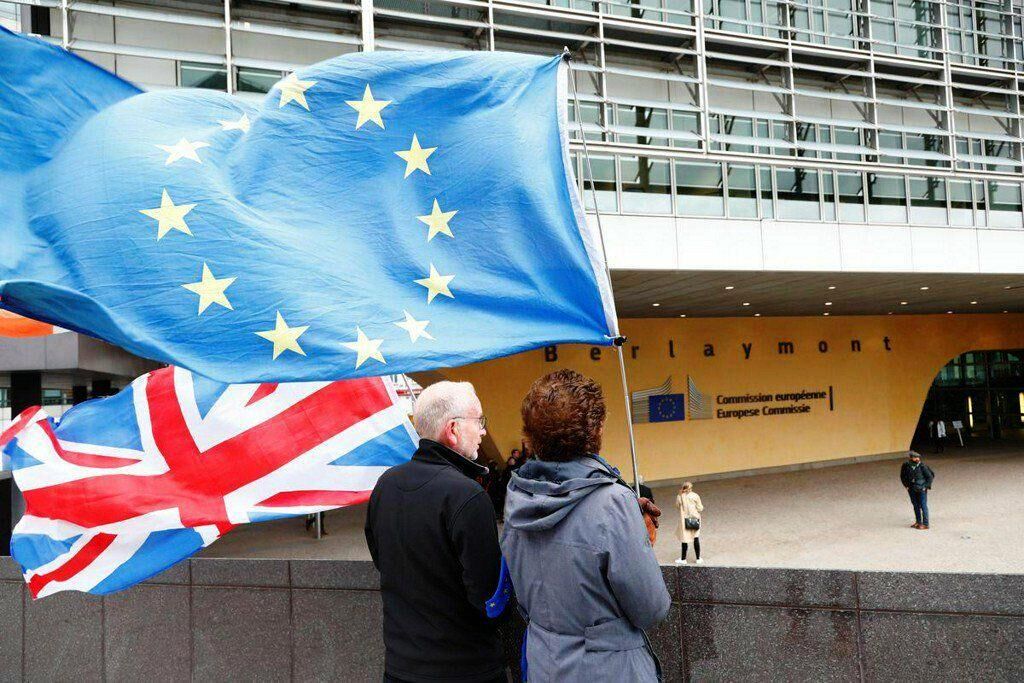The second round of talks between Britain and the European Union on reaching a framework for a trade agreement ended on Friday (April 23) without any results after the complete withdrawal of Britain from the European Union. According to Michel Barnier, the Council of Europe’s representative o Brexit affairs, there are serious challenges, problems and differences between London and Brussels over a comprehensive trade agreement.
In the meantime, the main difference between the British government and the rules and the type of communication it wants to have with the EU states. Europeans believe that if Britain wants to have a comprehensive trade agreement or a free and extensive trade relationship with the European Union, its rules and standards must be based on those of the EU norms. On the other hand, British Prime Minister Boris Johnson believes that it is up to London to decide how to formulate its rules and the type of relations with the European Union. Britain’s stubbornness shows that Boris Johnson is unlikely to reach a trade agreement between London and Brussels by March 2021, and this will lead to another challenge: that if negotiations do not yield any results by March 2021, the future will not be the same! Then what will it be?
The European Union has repeatedly stated that this period does not give the parties enough time to negotiate and reach a trade agreement, and has called for an extension of the negotiations between Britain and the European Union. Boris Johnson, meanwhile, remains adamant that he is not willing to extend negotiations with the European Union. If we see such a trend, the scenario of Britain’s hard exit from the European Union will be realized, and this kind of withdrawal will lead to a severe economic shock for London.
Given that the aftermath of the corona crisis has affected Britain as well as other European countries and led to the bankruptcy of many businesses and rising unemployment, Britain’s hard exit from the European Union could bring another shock to the British economy. Whether or not Britain has the capacity to deal with the shock has become an important issue in the political and media circles of the country.
Concerns about another shock to the UK economy after Brexit are likely to force Johnson to extend negotiations with the EU in the 90th minute so that by reaching a comprehensive agreement between Britain and the EU the soft exit of the UK from EU will be realized.
Finally, it should be noted that the main difference between Brussels and London at the moment is over the effective role of Britain in formulating laws and the type of relations with the European Union.
On the one hand, Britain has repeatedly stated that it wants to draft laws based on its national interests and economic advantages, and on the other hand, the EU says that if Britain wants to benefit from Europe’s large market for exports and imports, its rules must be in line with EU standards.
The main point that has led to the dispute between London and Brussels is the extent of UK governance in drafting the laws; After Brexit, London has a supranational outlook in formulating new laws and believes the exit is taking place because the UK wants control over its political, economic and security affairs and have its own lawmaking. However, the European Union does not want Britain to leave the EU so easily so that London can both benefit from the large European market and in the meantime refuse to follow EU rules and regulations. This is the main point of contention between Britain and the European Union.
Britain formally left the European Union on January 31 after 47 years. The country is subject to EU law by the end of this year as part of a so-called transition period. After that, all relations between the two sides for the last four decades will stop. The two sides want to agree on how to continue working together before the end of the deadline.
The European Union has proposed extending the transition period if there is no prospect of reaching an agreement within three months, given the differences between the two sides and the corona crisis around the world. However, the Johnson administration, which has not yet drafted a comprehensive and legal text on how to negotiate, opposes the idea.










0 Comments